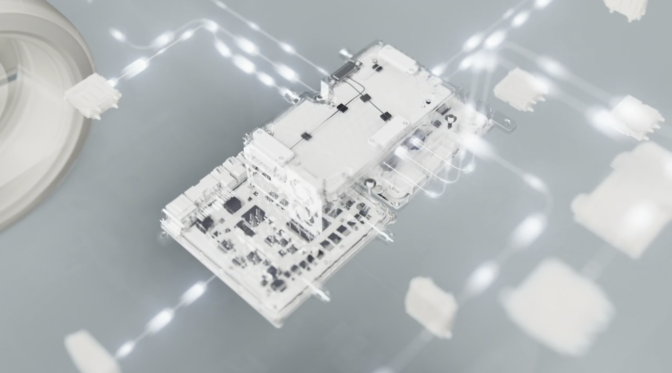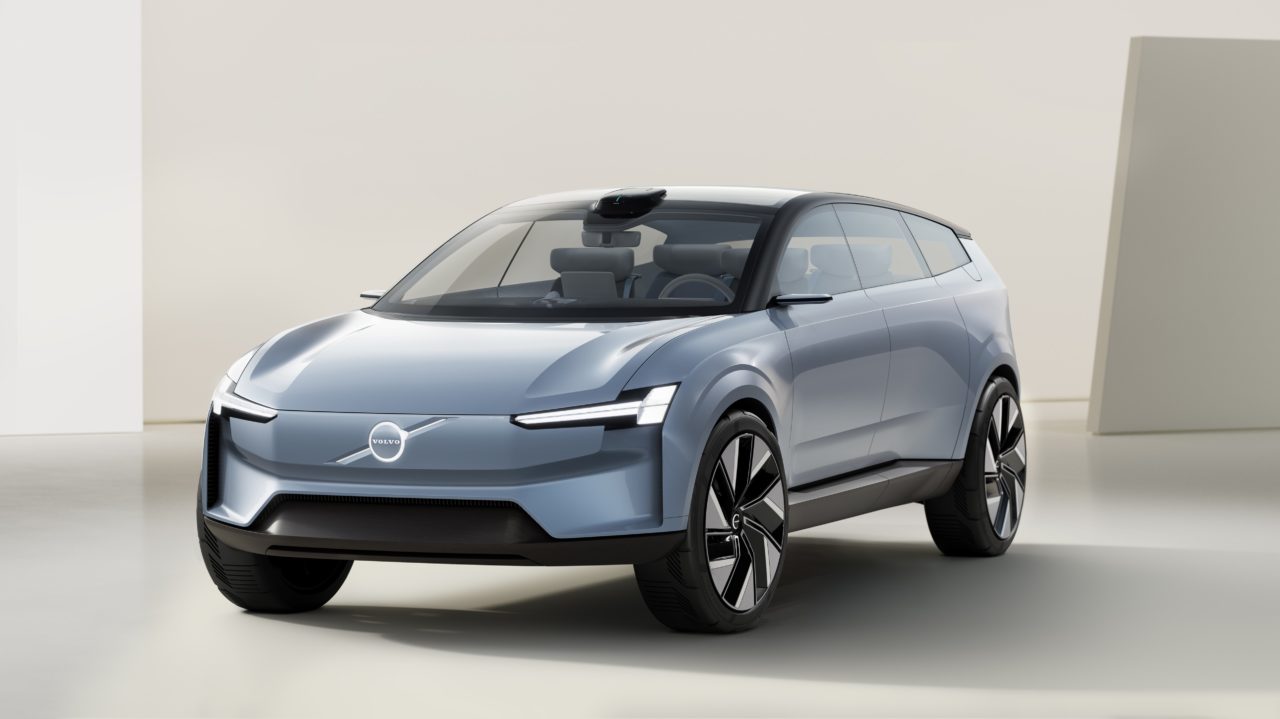All roads to the future of autonomous, electric and connected transportation run through one key innovation: software-defined, centralized computing.
Today at Volvo Cars’ Tech Moment event, Ali Kani, NVIDIA vice president and general manager of Automotive, joined executives from Volvo Cars to outline the centralized compute architecture that will power these software-defined vehicles. This architecture, built on NVIDIA DRIVE Orin, is what Volvo Cars is using for its next generation fleet
With a software-defined architecture, cars will no longer be at their best when they leave the factory, but rather constantly improving through over-the-air updates. This flexibility will even allow automakers to develop vehicles and experiences that are customizable for each customer.
“Volvo Cars is one of our first partners with the vision to put a high-performance computer in their entire vehicle lineup,” Kani said. “They believe that the car will get better after the day you buy it. With a software-defined architecture, we can continue to provide new services, new applications over the life of the car.”
Computer on Wheels
Volvo Cars is rebuilding its vehicle compute architecture from the ground up to support this software-defined vision.
Cars on the road today are powered by tens of electronic control units (ECUs) distributed throughout the vehicle. Each ECU controls a specific function such as power windows or the infotainment system. This structure requires long development cycles and can be incredibly complicated to update as new technology emerges.
Volvo Cars is aiming to create a “computer on wheels” for its next generation of vehicles, consolidating these ECUs into one centralized architecture. This system will be built on NVIDIA DRIVE Orin, the industry’s most advanced, functionally safe and secure, software-defined autonomous vehicle computing platform.

The core computing system, which will be introduced on a model to be unveiled in 2022, is made up of three main computers. These support each other in operating vision processing and artificial intelligence, general computing and infotainment respectively.
“To really have a good computer vision system, you need good computing power,” said Håkan Samuelsson, CEO of Volvo Cars. “When it comes to the whole experience in the car — which we rely on to differentiate our vehicles — with centralized compute you can develop that much more flexibly and faster.”
With NVIDIA DRIVE Orin at the core of Volvo Cars’ vehicles, the aim is to continue be safer and more personal over time via over-the-air updates, while maintaining enough compute headroom to power vision and sensor processing.
Safety and Security
Volvo Cars is known for its heritage of safety, and that legacy is extending to its future intelligent fleets.
“The core system is a computing powerhouse developed with our guiding star of safety first,” said Patrik Bengtsson, vice president of vehicle software and electronics at Volvo Cars. “We believe in partnering with technology leaders, which is why we’re collaborating with NVIDIA.”
The NVIDIA DRIVE platform is architected for redundancy and diversity to deliver the highest level of safety. NVIDIA DRIVE Orin maintains this safety architecture and is designed to handle the large number of applications and deep neural networks that run simultaneously in software-defined vehicles. It accomplishes this industry-leading performance while achieving systematic safety standards such as ISO 26262 ASIL-D.
By building its next generation core computer on NVIDIA DRIVE Orin, Volvo Cars’ aims at safer and more personal vehicles, becoming better and smarter every day.
“By developing software in-house we can boost development speeds and improve your Volvo faster than we can today,” said Henrik Green, chief technology officer. “Just like on your smartphone or computer, new software and features can be rolled out swiftly through over-the-air updates, making your Volvo better and even more enjoyable over time.”
